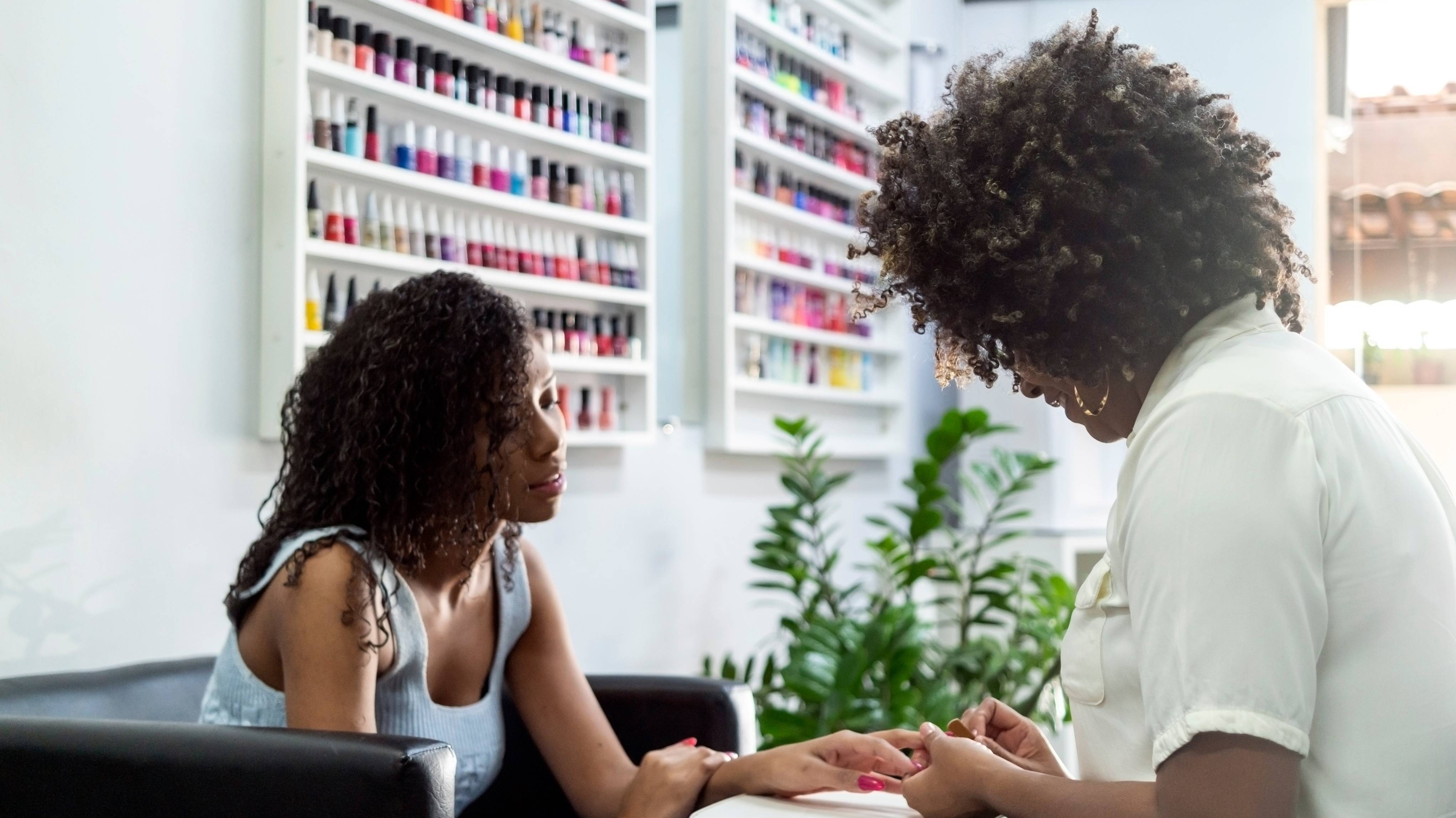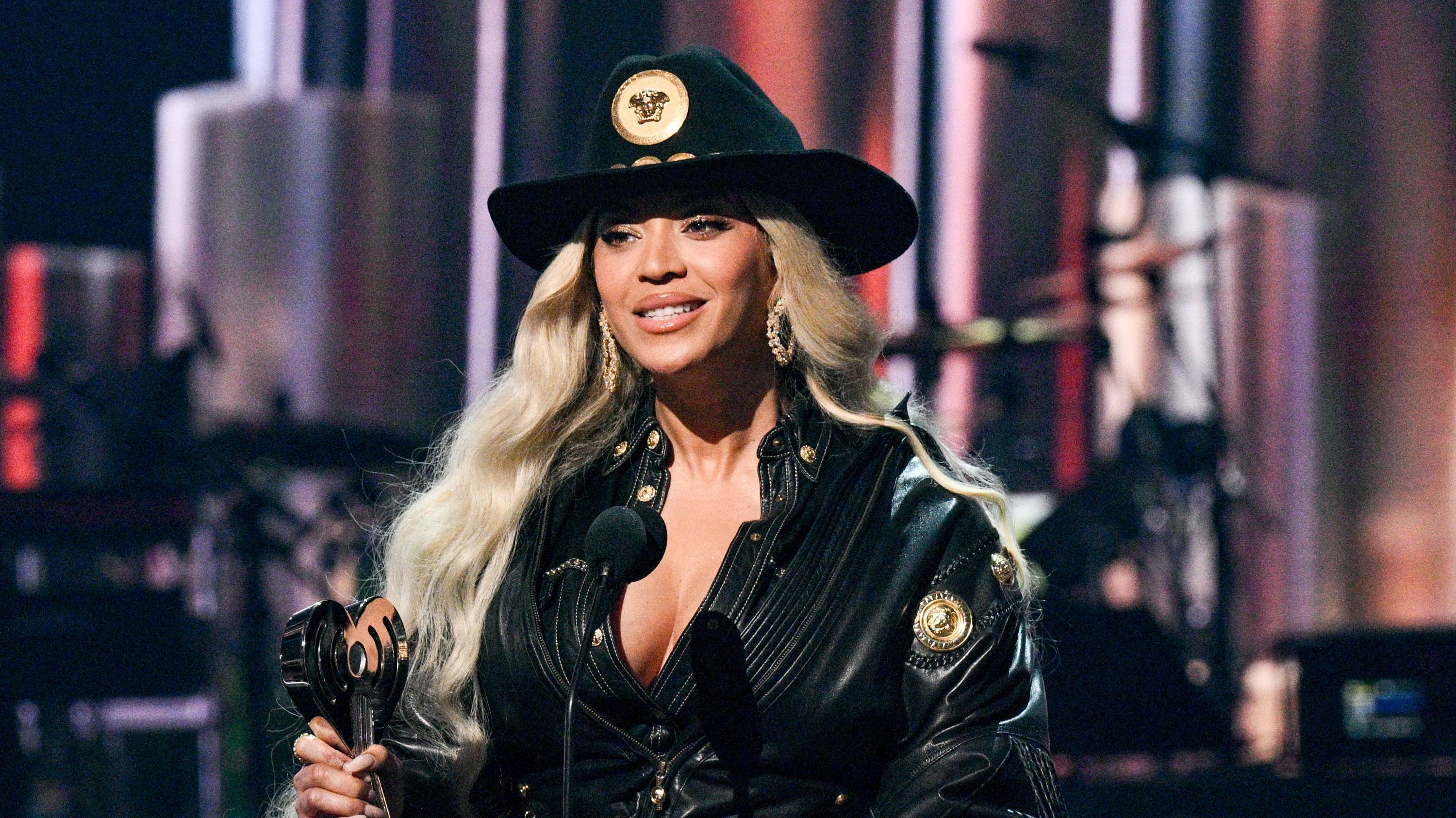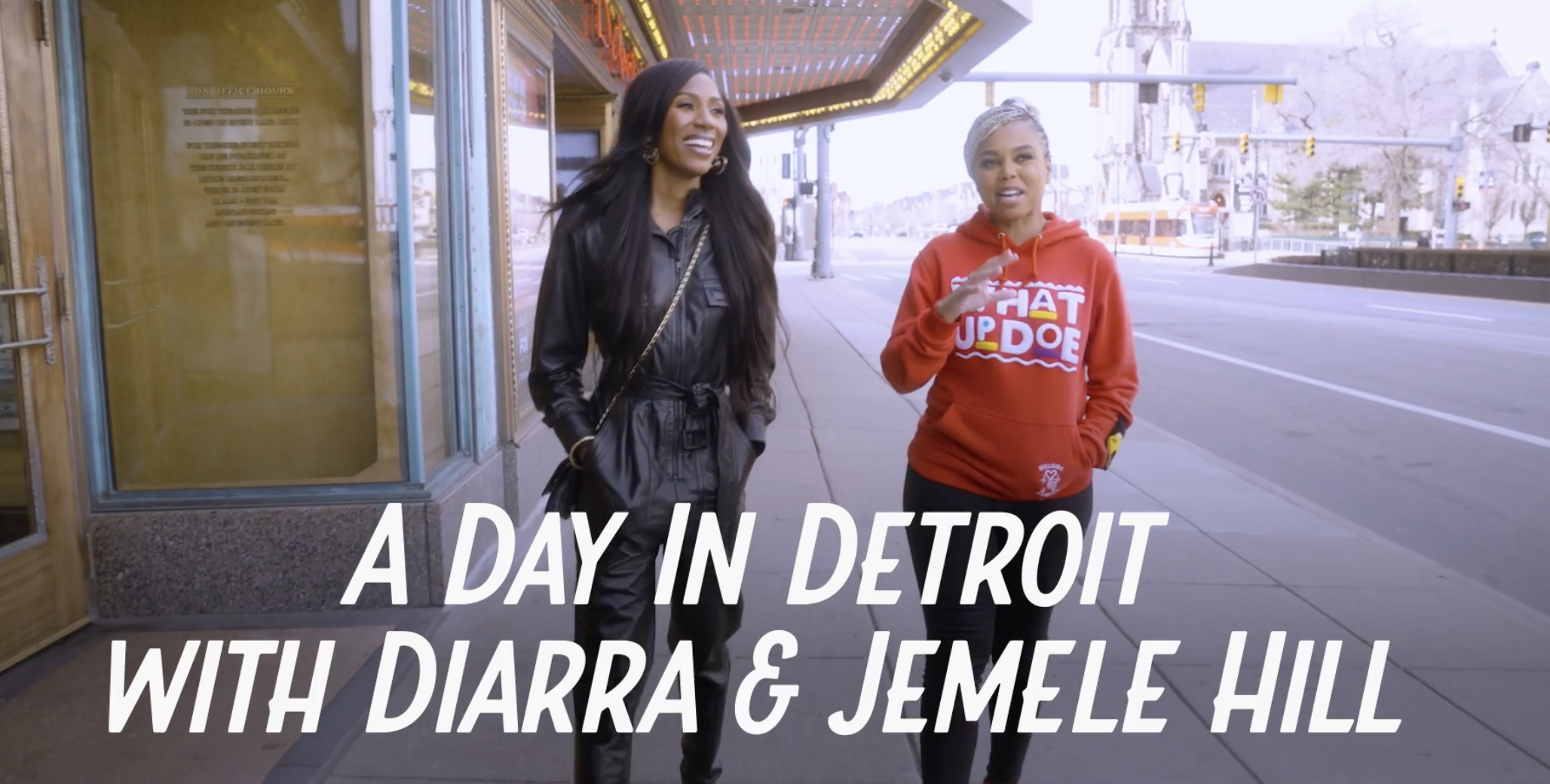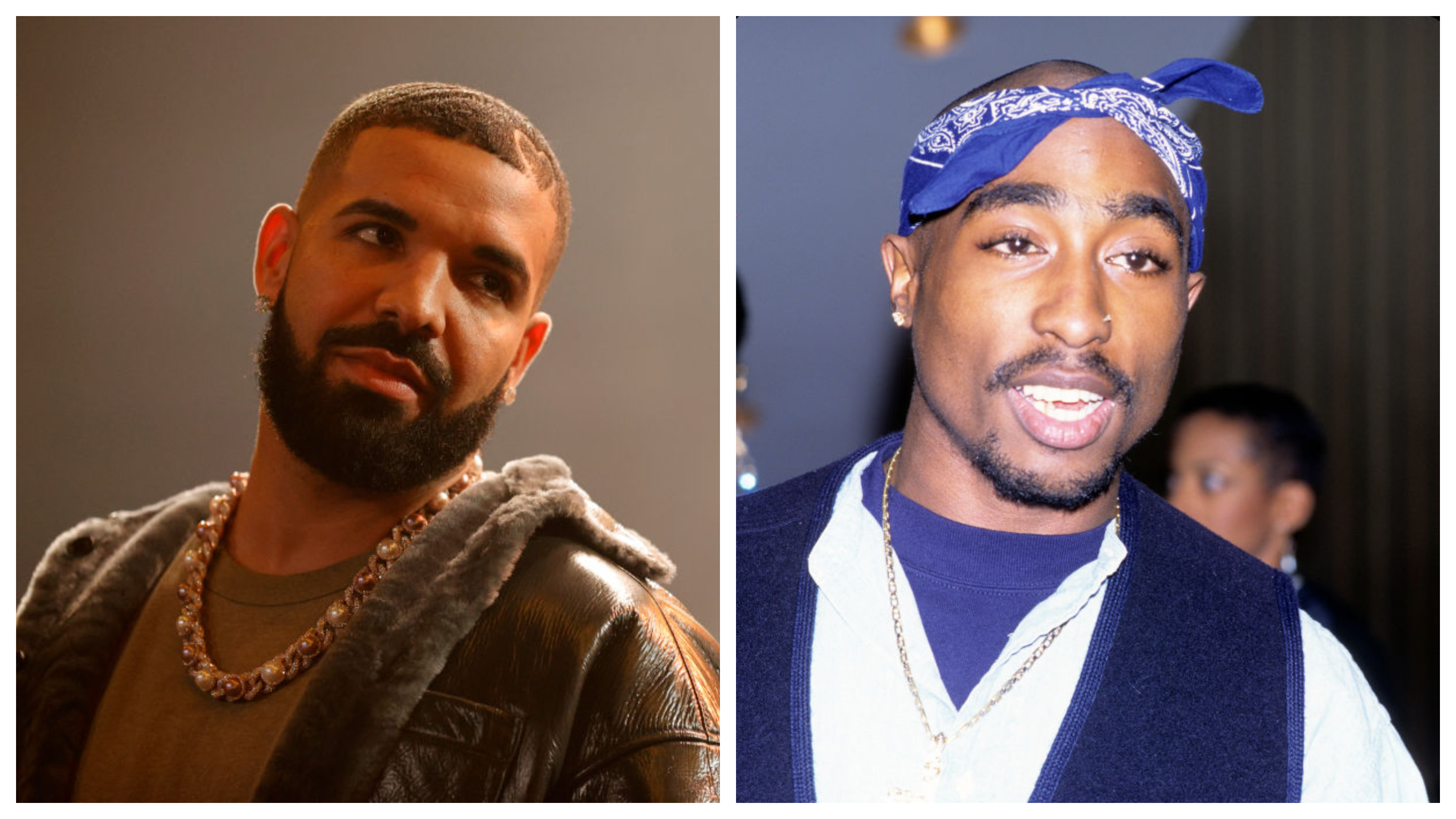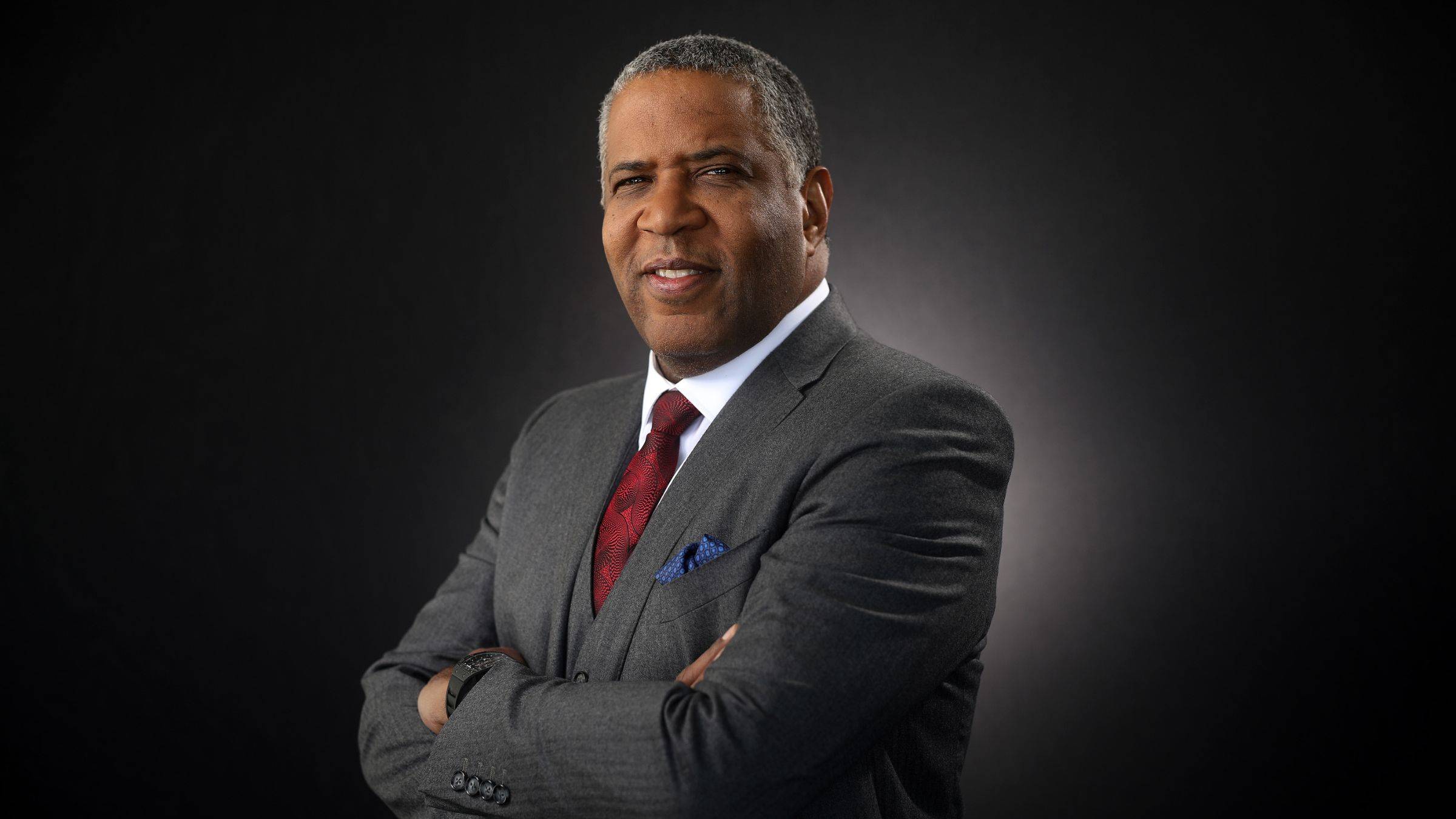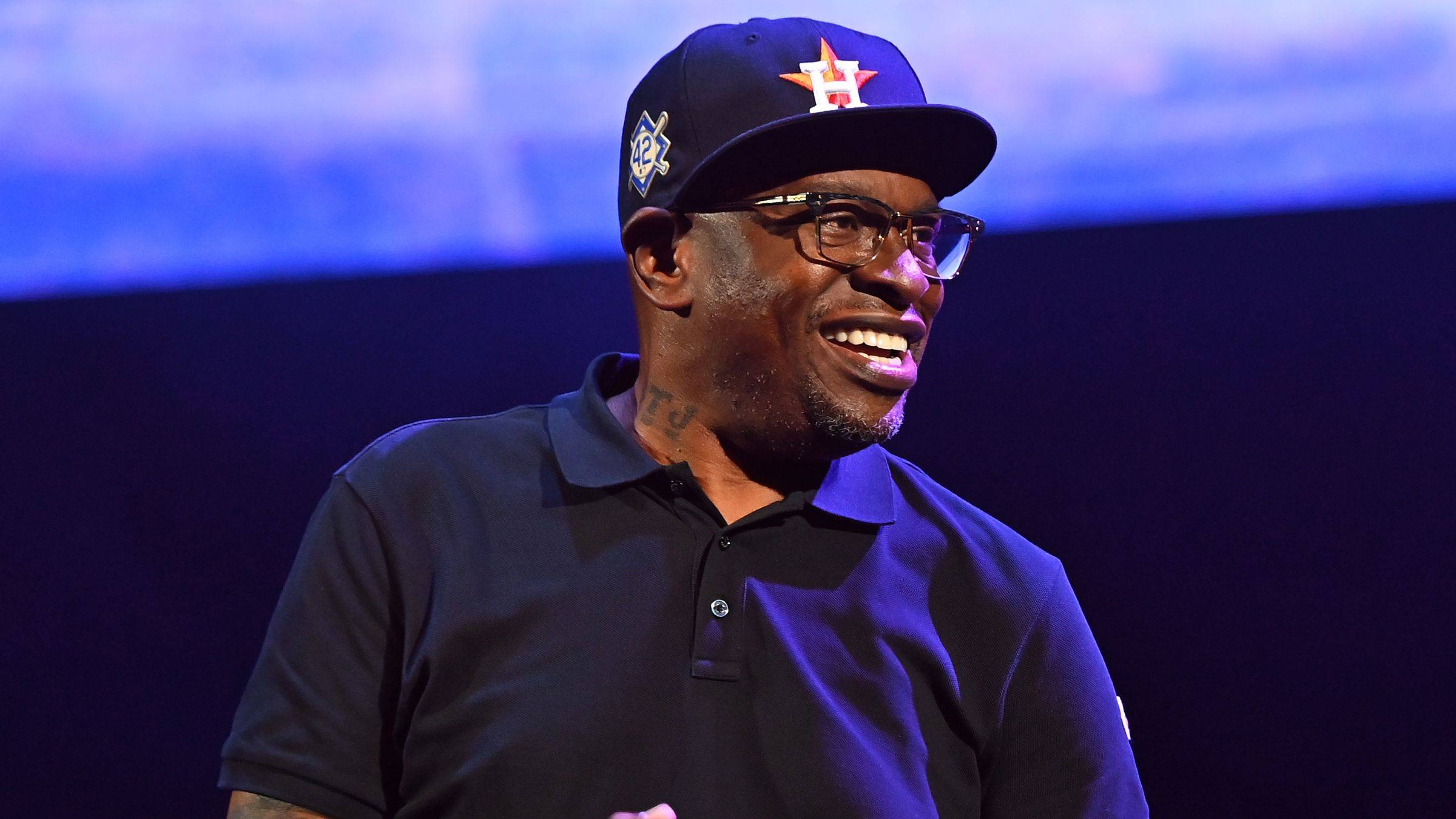Strictly Business: Anthony Dickey | Style
Just as humble as he wants to be, Anthony Dickey is one stylist who truly loves hair. A creative genius when it comes to addressing the needs of the ousted curly girls, Dickey’s inventive Hair Rules hair care line gently wraps its arms around kinks, curls, waves and fly-aways. Dickey just recently opened his highly anticipated salon, Hair Rules, and drew the likes of Russell Simmons, Kelis, Estelle and many other celebs who have been fortunate enough to have their scalps touched by the freckled-fingered phenom. We caught up with the master stylist and got schooled on his multi-textural magic.
In recent years, it seems like multi-textural (curly, kinky, wavy) hair has been more accepted in the entertainment industry and with African Americans in general. Would you agree?
Anthony Dickey: I feel like it’s a movement that’s slowly gaining momentum, particularly over the last few years. Some weeks ago, I was walking up Broadway on the upper west side in New York, and I literally counted five Black women, separate from one another, all wearing their natural hair. When you see it happening, it’s a beautiful thing.
What has contributed to this fairly recent acceptance of natural hair?
Anthony Dickey: I’ve seen years and years of abuse to the scalp and hair, along with the absence of a healthy hair regimen. It’s been cast upon women by an industry that, in many cases, developed products for ethnicity and not texture. The Hair Rules approach has been texture-specific. I think being a beauty insider as a freelance fashion stylist in addition to working in salons, gave me some insight.
The fashion industry has pushed a more Eurocentric aesthetic concerning ethnic hair. What have you personally witnessed?
Anthony Dickey: There were barely five Black models back in the early ‘90s. There was Tyra Banks, Naomi Campbell, Alexis, Kiara Kabukuru and Alek Wek. We then moved into a period where the industry started to see value in music artists and actresses being able to sell magazine covers. You couldn’t tell artists like India.Arie and Erykah Badu how they could wear their hair. Being musicians afforded them the right to come however they choose because they’re selling records, and that’s their image; unlike what the White fashion industry had dictated with the handful of Black “European-weaved” representatives they were giving us.
Hair Rules is a unique hair care line considering that it addresses the needs of both a Sarah Jessica Parker and Kelis at the same time. How did you overcome the barrier of “ethnic-specific” products?
Anthony Dickey: Ethnicity is how we were all bamboozled into thinking that we were different from one another. We’re individuals, and we all have a different sense of style, but we’re all the same people. I’m still fighting with this notion that ‘African American’ is a texture. African American is not a texture! It’s shocking to have that mindset. Regardless of if you’re a woman with straight, fine hair, or you’re a Black woman with kinky hair, or you have a relaxer with color, you can use Hair Rules. Hair care in the past was a one-size-fits-all approach, so it was more responsible to create three targeted styling products for textures that had been overlooked. We address hair in its natural state, and then move into products for straight hair. Women need a product that they can embrace and be able to use in the shower for wash-and-wear hair. We really looked closely at what the textures needed.
What was your goal in writing the book, “Hair Rules”?
Anthony Dickey: I primarily worked in Caucasian salons and in the fashion industry. It was about leveling the playing field and bringing good information to everyone. Hairdressers tend to want to hold the secrets to great hair care. As a professional, if you’re not giving that information to your clients wholeheartedly, you’re doing her a disservice.
There’s a big debate about whether or not women with curly hair should straighten their hair frequently. What do you recommend?
Anthony Dickey: I find that most hairdressers that can do straight hair are not being mindful of the integrity of your curl pattern. You have a lot of salons that give you a great flat iron, but they’re destroying your curls. Not all hair warrants that kind of heat. It’s about being mindful and responsible as a stylist to offer your client the option and the choice to be able to be curly or straight.
How often should women with curly hair style their hair? In the past you’ve deemed it acceptable as often as twice a day if necessary. Still true?
Anthony Dickey: Absolutely. That’s a freedom of having natural hair. There’s never been a standard of hair care [styling] for women with kinky, curly or wavy hair. Nine times out of 10, most women who are new to these textures of hair have been taking care of their hair as they would a straight style, which means they tend to stay away from water, but curly hair needs water. You can cleanse, condition and style in the shower. Your hair should be done when you step out of the shower. When finger-styling, I use a bunch of product and start at the roots and work my way to the bottom. It’s easy to style when the hair is soft and wet. Women don’t want a production.
If you’re used to getting your hair flat-ironed once a week, of course you’re going to stay away from water, but when you’re natural, water and conditioner are hydrating. So, if nearing the end of the week you complain that your hair is hard to manage and you have an itchy, flaky scalp, you need to run toward some water.
When moisturizing, what types of oils are good for the scalp versus the hair?
Anthony Dickey: Essential oils are great. If you are shampooing every three to four days, the types of oils that you want to use on your scalp are typically fine essential oils like tea tree, eucalyptus, and lavender – oils that have anti-fungal, anti-inflammatory properties. Olive oil, avocado, jojoba and palm nut oils are more essential in fatty omega oils, and those are better for the hair itself.
With the recent opening of your very own salon, I think that you should have your own reality show. Teach the masses about texture!
Anthony Dickey: Ha! I’ve never wanted to be in the forefront of this brand, but I realized once I wrote the book that it’s important for me to talk about it. I’ve gotten more comfortable being on camera, so I’m open to whatever. We’re actually developing a Hair Rules Bill of Rights. It’s for the consumer and it’s about caring for their individual texture as well as the products they deserve. Any way for me to spread the good news about redefining hair care, I’m all for it. At the end of the day, it’s about making people feel good about themselves. People ask God all day long, ‘What is my purpose?’ A lot of the time, you’re doing your purpose. It’s about helping someone moment by moment.
